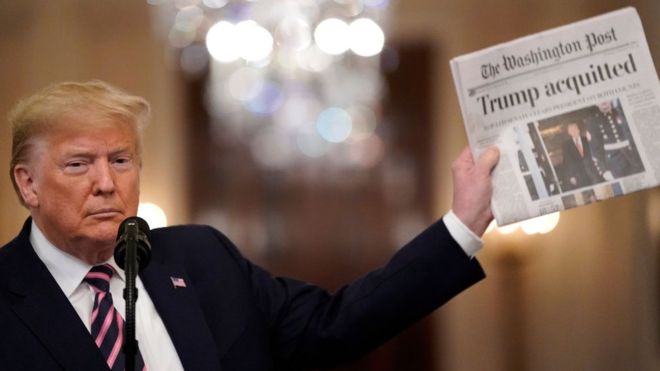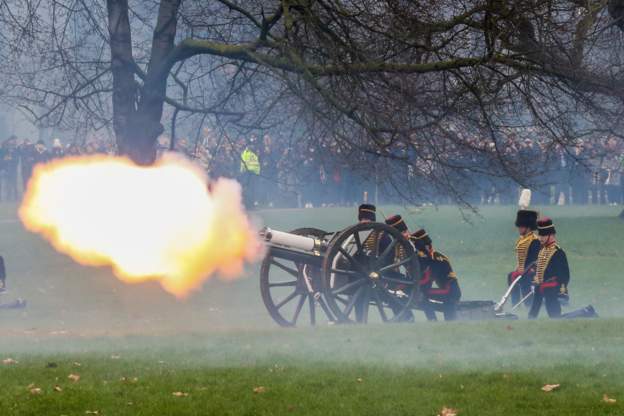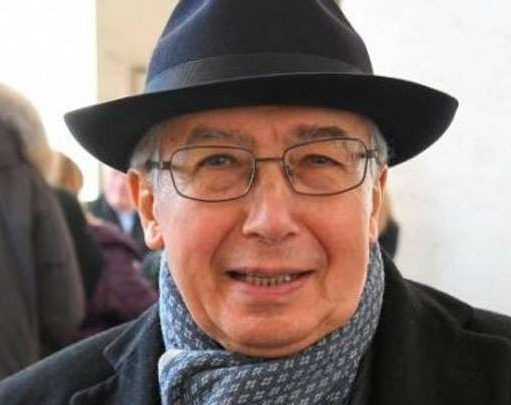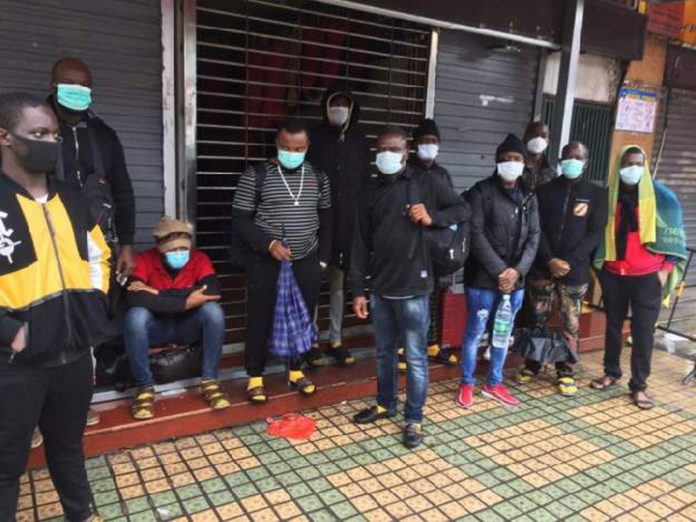Oil prices soar after attacks on Saudi facilities

Oil prices surged after two attacks on Saudi Arabian facilities on Saturday knocked out more than 5% of global supply.
Brent crude jumped 10% to $66.28 a barrel, while West Texas Intermediate rose 8.9% to $59.75 in Asian trading.
Prices pulled back slightly after US President Donald Trump authorised the release of US reserves.
The strike, which the US blames on Iran, has sparked fears of increased risk to energy supplies in the region.
The drone attacks on plants in the heartland of Saudi Arabia’s oil industry included hitting the world’s biggest petroleum-processing facility.
It could take weeks before the facilities are fully back on line. State oil giant Saudi Aramco said the attacks cut output by 5.7 million barrels per day.
Jeffrey Halley, senior market analyst at Oanda said the price spike across oil markets was a reaction to the “political and geopolitical implications” of the attacks.
“The bigger issue is just how secure is Saudi’s infrastructure from attacks?,” Mr Halley said.
US Secretary of State Mike Pompeo said Tehran was behind the attacks. Iran accused the US of “deceit.”
Later Mr Trump said in a tweet the US knew who the culprit was and was “locked and loaded” but waiting to hear from the Saudis about how they wanted to proceed.
The Saudis have not gone into any detail about the attacks, barring saying there were no casualties, but have given a few more indications about oil production.
Energy Minister Prince Abdulaziz bin Salman said some of the fall in production would be made up by tapping huge storage facilities.
The kingdom is the world’s biggest oil exporter, shipping more than seven million barrels daily.
“Saudi authorities have claimed to control the fires, but this falls far short of extinguishing them,” said Abhishek Kumar, head of analytics at Interfax Energy in London. “The damage to facilities at Abqaiq and Khurais appears to be extensive, and it may be weeks before oil supplies are normalised.”
Saudi Arabia is expected to tap into reserves so that exports can continue as normal this week.
However, Michael Tran, managing director of energy strategy at RBC Capital Markets in New York, said: “Even if the outage normalises quickly, the threat of sidelining nearly 6% of global oil production is no longer a hypothetical, a black swan or a fat tail. Welcome back, risk premium.”
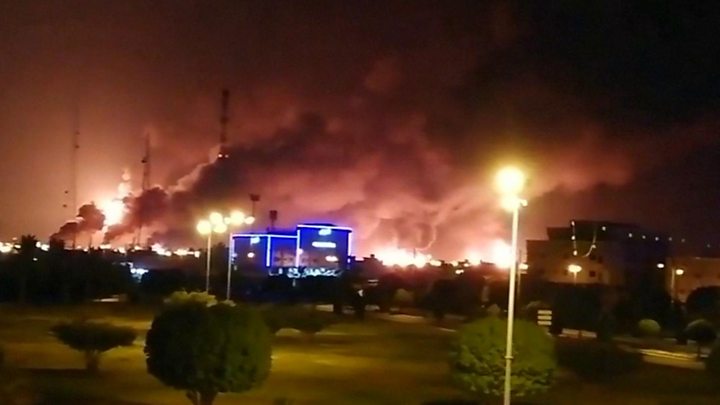
What are the US accusations?
Mr Pompeo said Tehran was behind the damaging attacks but gave no specific evidence to back up his accusations.
He has rejected claims by Yemen’s Iran-backed Houthi rebels that they carried out the attacks.
Iran accused the US of “deceit” and its Foreign Minister Javad Zarif said that “blaming Iran won’t end the disaster” in Yemen.
Yemen has been at war since 2015, when President Abdrabbuh Mansour Hadi was forced to flee the capital Sanaa by the Houthis. Saudi Arabia backs President Hadi, and has led a coalition of regional countries against the rebels.
The US meanwhile has blamed Iran for other attacks on oil supplies in the region this year, amid continuing tension following Mr Trump’s decision to reinstate sanctions after abandoning the landmark international deal which limited Tehran’s nuclear activities.
BBC

